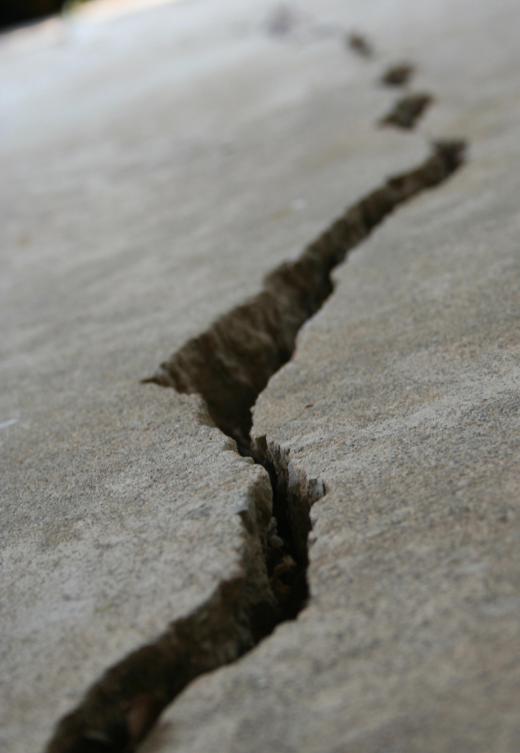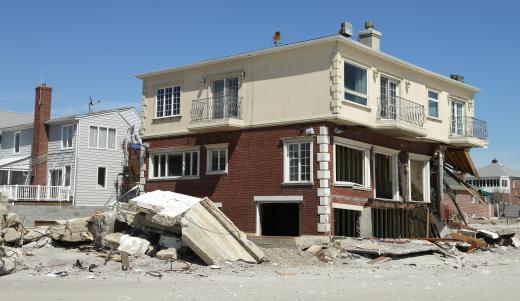Do Smaller Earthquakes Relieve Pressure on Fault Lines and Delay Big Earthquakes?
 Dana Hinders
Dana Hinders
An earthquake is simply any sudden release of energy within the Earth’s crust that creates a series of seismic waves and helps to relieve pressure on fault lines. However, all earthquakes are not created equal. The movement magnitude of an earthquake is often reported using the Richter scale, a measuring device that assigns numerical values to each earthquake. A magnitude 3 or lower earthquake is largely imperceptible to the general public, while any earthquake above a magnitude 7 is expected to cause serious damage over large areas.
Small earthquakes occur constantly around the world. In the United States, for example, people who live in California can expect to encounter several minor earthquakes per year. Portugal, Greece, Italy, New Zealand, Chile, and Peru also have many areas where minor seismic activity occurs on a regular basis.

Although many people believe that smaller earthquakes serve to delay larger earthquakes by working to relieve pressure on fault lines, this assumption is thought to be incorrect. It’s true that small earthquakes do relieve some pressure, but it would take many tiny earthquakes to release the amount of energy that would be equivalent to one very large earthquake. In fact, every time an earthquake increases one point on the magnitude scale, it releases 40 times more energy. Therefore, a small earthquake at a magnitude of 2 would need to occur 163,840,000,000 times to relieve the same amount of pressure as one major earthquake with a magnitude of 9. Since having approximately one million earthquakes every day for almost 500 years is highly unlikely, it becomes clear that the purpose of small earthquakes is not to relieve pressure on fault lines in order to delay larger earthquakes.

Even though small earthquakes don’t prevent large earthquakes, they are useful in that seismologists have often found they precede major earthquakes. By monitoring the level of earthquake activity in one particular area, seismologists can make an educated guess as to when the next major earthquake may arrive. Since large earthquakes can cause fire and severe structural damage as well as death and serious personal injury, any information that helps protect people who live in seismically active zones can only be considered a positive force.
AS FEATURED ON:
AS FEATURED ON:












Discussion Comments
Someone told me that small earthquakes can be a result of the natural gas drilling process. If that is true then it's another good reason for us to spend time looking for alternative fuel sources.
I spent several years living on a fault line, so earthquakes were pretty much a daily experience! As far as I know an aftershock is a direct result of the big quake, so it wouldn't be recorded as a small quake by the experts.
It's reassuring to know that there are people who can tell the difference! Personally I never got used to the worry that each small rumble would lead to something more.
It's great to hear that monitoring smaller quakes can help predict a bigger one. There is one thing I don't understand though. After a major earthquake do the small ones get classified as aftershocks?
Post your comments